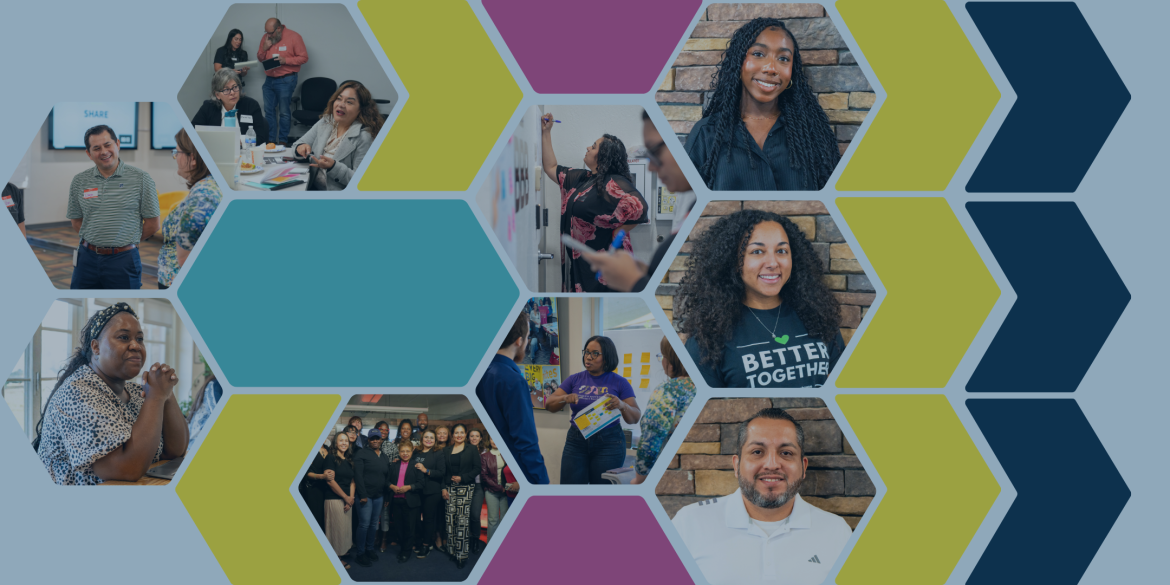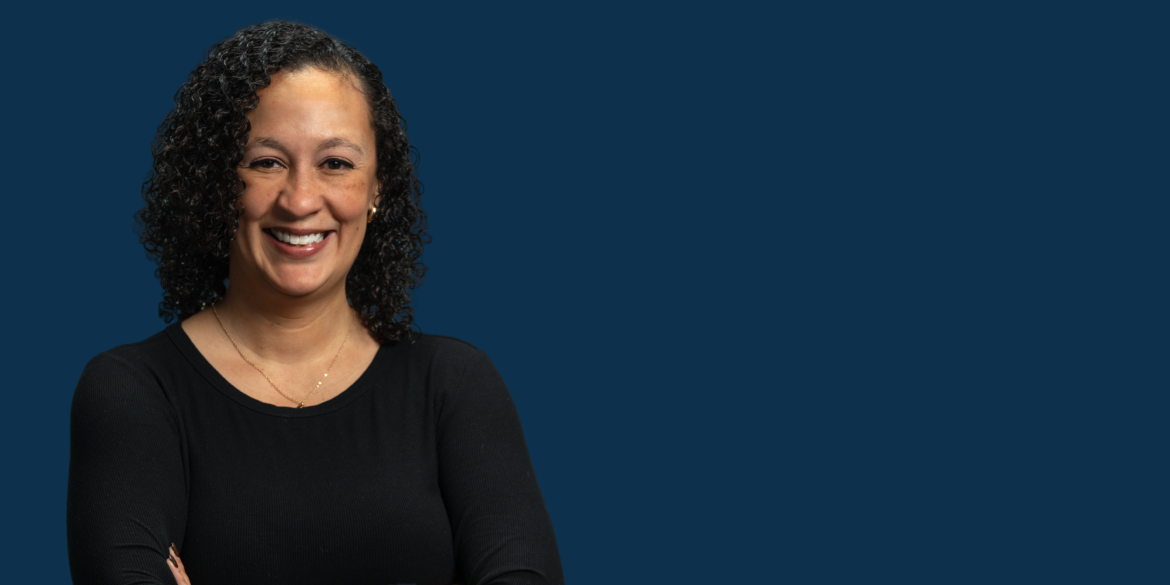Want to break into the publishing space? Having trouble investing in your business?
Brittney Dias, SEED SPOT alum, is making a lasting impact in communities across the country through Looking Lens! In her LinkedIn Live Ask Me Anything session, she answers questions about entrepreneurship and being an author.
Read on to learn more about what you might have missed!
—
Q: What is Looking Lens?
A: Looking Lens creates stories that inspire Black and Brown children to reach their full potential. Our current project is a book series called Ava & Mae. The goal is to increase representation and increase positive portrayals of Black and Brown children. When we get representation in the media, a lot of it is historical trauma, stereotypes, or tropes. There’s a lot of value in putting people in protagonist’s roles, and that has a really big impact on development.
Q: Talk to us about Ava & Mae.
A: Right now, we’re working on Ava & Mae, which teaches entrepreneurship to early elementary children, so around five to nine years old. Ava & Mae are two sisters who believe that they can do anything they set their minds to. The first book that we have is “Ava & Mae Own A Lemonade Stand”. When the drinks run out at the Summer Start Fair, Ava & Mae see an opportunity and a need in their community to use their skills, which is making this amazing lemonade. And they learn along the way how to open their very first business.
It was important to me that they were sisters. Part of entrepreneurship is that you can’t do it alone, and I wanted to get that team aspect. I really wanted to show that Ava & Mae have different skills that they put together. That’s the reality: when you work on a team, you’re going to have skills and somebody else will have complementary skills.
Q: What was that moment when you walked out the room and started dancing? I always love to hear about that first time [of success].
A: My first time reading in front of a classroom. That was a big moment for me. My mom works in classrooms, so it was in her classroom that I read the book. That was the first time I read the physical book in front of a group of kids. That obviously made me really nervous because you’re wondering how this is actually going to be received, and it was received really well. That was a really great moment because this is market validation. It also has the effect that I wanted it to have – the kids got really excited. There were really wonderful moments, to be able to actually see the effect that I was trying to make come in front of my eyes.
Q: You mentioned market validation. What was that process? As an entrepreneur, you have these assumptions at first, and you’ve developed these hypotheses, and your role at the beginning is to validate or invalidate these assumptions. What was that experience?
A: Luckily, I was working with a team, with the startup I was working for. I was able to get connected to teachers and parents, and ask them what they needed and what would help them. I did a lot of outreach. I would create a template, send it to a colleague to review, and have the content peer-edited. When we were having conversations with the teachers, we decided to make it a series for their lesson plans. It creates more longevity around what you’re doing.
Q: What shocked you the most about the self-publishing space?
A: Self publishing is very, very accessible, so you have to make sure that what you’re creating is up to industry standard. It’s so important that you take your time and create a quality product. I’m happy that we self-published because we got a say over who was involved in the creation. It was really important for me that the people involved in the creation of the book reflected who we’re representing – we got a team of Black women together to be able to create this.
With traditional publishing, you send in your manuscripts and the publishing house basically matches you with an illustrator. You don’t have much say. Self-publishing… It’s a little bit more pressure, but a lot more freedom.
Q: What is the biggest thing that you’ve learned by going through the Impact Accelerator?
A: It gave me a lot more confidence and encouragement. That’s one of the things I struggled with, between going straight from undergrad to this journey. I went to a big research university and you have really strict standards and rubrics. In comparison with entrepreneurship, it’s like apples to oranges. You can’t compare yourself to everybody. Being able to have a community was probably the biggest thing. You need to be your number one advocate and look at yourself and where you fit in the market. We all have all these great ideas, but you have to look at the market validation and see who else is doing that.
Q: What is one big mistake that people should avoid in this industry?
A: Make sure to start your social channels early. Network early, and don’t be shy – I can be a shy person, but collaboration is your best friend, especially within your niche. For me, it’s the Black children’s book community. Pick your niche and make those people your best friends. Collaborate with them, have events with them, follow them on Instagram.
I had to change my mindset since going to a research university – it’s a very competitive space. In this space however, it’s the complete opposite. It’s super collaborative. We don’t look at each other like competition. We’re working together, we have the same goal, and we want to help the same people.
You can buy a copy of “Ava & Mae Own A Lemonade Stand” here.
Follow them on Twitter @avaandmae and connect with Brittney on LinkedIn here.
To learn more about Looking Lens, visit www.avaandmae.com.



